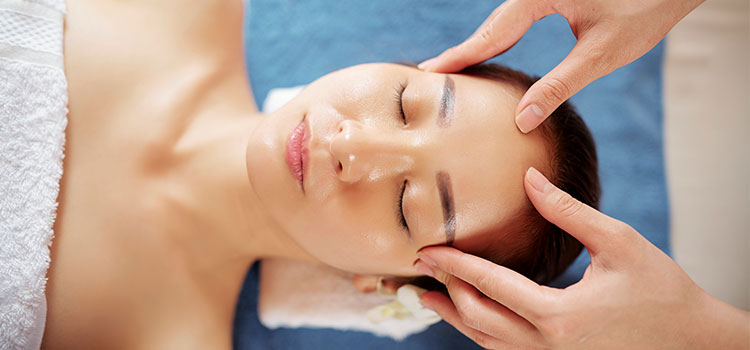Craniosacral Therapy (CST)
“Managing pain, restoring comfort – one step at a time.”

Craniosacral therapy is a form of alternative therapy that involves gentle manipulation of the bones of the skull, spine, and pelvis to promote the flow of cerebrospinal fluid and restore balance to the body. The therapy is based on the belief that the craniosacral system, which includes the membranes and cerebrospinal fluid that surround and protect the brain and spinal cord, has a rhythmic motion that can be felt and adjusted by a skilled practitioner.
During a craniosacral therapy session, the therapist will use gentle touch and pressure to feel any areas of tension or restriction in the craniosacral system. They will then use a light touch to help release these areas of tension, allowing the cerebrospinal fluid to flow more freely and restoring balance to the body.
Craniosacral therapy is often used to treat a wide range of conditions, including headaches, back pain, neck pain, stress, anxiety, and chronic fatigue. It is generally considered to be safe and non-invasive, However, it is important to note that craniosacral therapy should not be used as a substitute for medical care, and anyone considering the therapy should consult with their healthcare provider first.
Craniosacral therapy (CST) is a form of alternative therapy that aims to improve the function of the central nervous system and promote overall health and well-being. It involves gentle manipulation of the skull and spine, as well as the soft tissues and fluid that surround the brain and spinal cord.
CST is based on the theory that the craniosacral system, which includes the bones, membranes, and cerebrospinal fluid that surround the brain and spinal cord, has a rhythm that can be felt and manipulated by a trained practitioner. By applying gentle pressure to various points on the head, neck, and spine, the practitioner can help to release tension and improve the flow of cerebrospinal fluid, which is believed to help alleviate pain, reduce stress, and improve overall health and well-being.
CST is often used to treat a variety of conditions, including headaches, neck and back pain, TMJ disorders, chronic fatigue syndrome, and fibromyalgia. It is also sometimes used to treat mental and emotional issues like anxiety and depression.
While CST is generally considered safe, it is important to note that it is not a substitute for conventional medical care. If you are experiencing any symptoms or health issues, it is important to seek the advice of a qualified medical professional before beginning any new form of therapy.
Cranio Sacral Therapy (CST) is an alternative therapy that focuses on the craniosacral system, including the membranes and fluid surrounding and protecting the brain and spinal cord. It is based on the idea that the craniosacral system has its own rhythm and that any disruption to this rhythm can cause physical or emotional problems.
During a CST session, the therapist uses a gentle touch to feel for any restrictions or imbalances in the craniosacral system. They may then use gentle manipulation to release any tension or restrictions and improve the flow of the cerebrospinal fluid.
It is also sometimes used to help with developmental and learning disorders, such as ADHD and dyslexia.
CST is generally considered safe and non-invasive, but it is important to consult with a qualified practitioner before beginning any new therapy.
The therapist uses light touch to feel for subtle changes in the rhythm and movement of the craniosacral system and then applies gentle techniques to release any restrictions or blockages. These techniques may include gentle pressure, stretching, or holding positions.
CST is often used to treat a variety of conditions, including headaches, chronic pain, stress and tension-related disorders, and musculoskeletal disorders. It is also used to promote relaxation and improve overall health and wellness.
While CST is generally considered safe, it is important to consult with a trained and licensed practitioner before undergoing treatment. It is also important to note that CST should not be used as a substitute for medical care or treatment.
